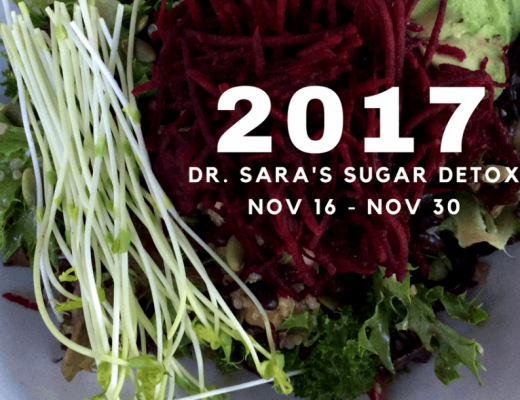Working in the health industry is far from dull – new diets, crazy exercises, and miracle pills keep healthcare professionals on their toes.
Lately, what’s caught my attention is the debate between Vegans and those following the Paleolithic (Paleo) diet.
There is research to support the health benefits of both diets.
So which way of eating is better for long-term health?
Do they both prevent diabetes, cardiovascular disease, and reduce body fat?
Let’s take a closer look at both philosophies and I’ll let you decide for yourself.
Many would agree that animals exposed to environmental toxins, hormones, and antibiotics are not healthy. Not to mention those raised under stressful conditions.
The documentary Food Inc. really opened my eyes to animal cruelty and farming politics. If you haven’t seen it, I highly recommend it. After I watched it, like many others, I chose to become a vegan, avoiding all animal products.
Vegans advocate eating a plant-based diet for various reasons, such as better health and spiritual beliefs. Whatever the reason may be, many wonder if vegans receive adequate protein and essential nutrients.
In my clinical practice, I’ve observed many healthy vegans who basically live on green smoothies, hemp protein, and chickpea salads.
On the other hand, I’ve also treated many vegans over the years with chronic fatigue. Some had Candida (from years of eating too many carbohydrates), digestive issues, and hormonal imbalances.
Following a plant-based diet can be problematic if done incorrectly. It is important to receive adequate nutrients and protein.
Eating chips, hard-to-digest grains, and dried fruits is technically a vegan diet, but these foods lack essential nutrients, may promote diabetes, and are not healthy.
Don’t even get me started on highly-processed soy products that mimic the taste and texture of beef, chicken, and other meats.
Folks, real health starts with real food. Many vegan options are not healthy.
Have you ever wondered how cavemen got their strong, lean bodies?
How come they didn’t have an issue with obesity and diabetes?
Contrary to what many people think, the Paleo diet, also known as the 21st century version of the caveman diet, is not just about avoiding junk food and eating high-quality protein.
Those following the Paleo lifestyle do eat a lot of vegetables and in many cases more than vegans.
The Paleo diet is based on grass-fed meats, wild-caught fish, vegetables, eggs, healthy fats, and fruits. You can also have nuts and seeds (in moderation).
Basically, if a food didn’t exist pre-agriculture, it’s not included on a Paleo plate.
Many claim that this way of eating can help treat serious health conditions such as diabetes, joint inflammation, and cardiovascular disease.
If you’re looking to get lean, strong, and toned, this may be one of the best diets available to you.
Vegans and those following the Paleo diet thankfully agree on one thing.
They both believe that factory-farmed, grain-fed meat is unhealthy and promotes inflammation.
You won’t catch a true Paleo buying chicken that’s 1.99/lb.
They choose protein sources that are clean, organic, and free from environmental toxins (as much as possible).
So, what’s the take home message?
Avoid processed foods that fill our supermarket shelves and choose natural, whole foods as much as possible.
And, if you choose to avoid certain foods, make sure nutritional requirements are met.
Even though both sides agree that toxins and hormones in our food are a problem, the debate over legumes, quinoa, eggs, and wild meats continues.
In the end, it’s your body and you control what you put into it.
Choose what feels right for you.
We are not all the same, so why should we eat the same?







No Comments